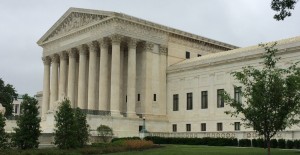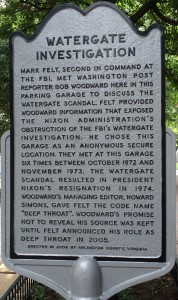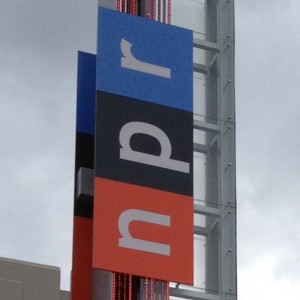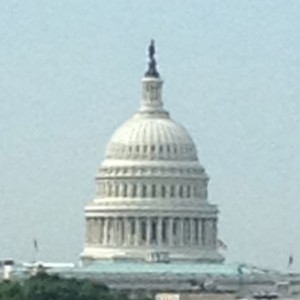 Last Thursday, September 5, the District Court for the District of Columbia issued a preliminary injunction against FilmOn X, a for-profit company that streams broadcasters’ content—without permission—over the Internet to subscribers. The injunction prevents FilmOn X from operating in nearly every jurisdiction in the country and serves as a major setback for the company founded by billionaire Alki David. The ruling is the latest plot twist in a drama playing out between broadcasters and companies that retransmit their content over the Internet without consent.
Last Thursday, September 5, the District Court for the District of Columbia issued a preliminary injunction against FilmOn X, a for-profit company that streams broadcasters’ content—without permission—over the Internet to subscribers. The injunction prevents FilmOn X from operating in nearly every jurisdiction in the country and serves as a major setback for the company founded by billionaire Alki David. The ruling is the latest plot twist in a drama playing out between broadcasters and companies that retransmit their content over the Internet without consent.
The District Court found the preliminary injunction warranted after concluding the plaintiffs (that is, the broadcasters who initiated the suit) would be likely to succeed in their claim that FilmOn X violated their right to perform copyrighted works publicly. The ruling is in stark contrast to a nearly identical case (WNET v. Aereo, Inc.) the Court of Appeals for the Second Circuit ruled on last April. The Second Circuit held that Aereo, a company that operates a similar service to FilmOn X, transmitted “unique copies of broadcast television programs” that are sent to single users at their direction, not to the public at large. Thus, the Court of Appeals ruled that Aereo’s service does not violate the public performance right.
FilmOn X, much like Aereo, uses “minute” antennas to capture the television signals broadcasters are required by law to transmit over-the-air for free. Once captured, the company retransmits the signals over the Internet to subscribers, who have the option of watching content live or (if using the company’s DVR service) at a later time.
By devoting a dedicated antenna to each subscriber, FilmOn X contended that it sent private transmissions over the Internet and thus did not violate the public performance right. Unlike in Aereo, however, the District Court did not find the argument persuasive.
Central to the court’s ruling was its interpretation of the “transmission clause,” located in § 101 of the Copyright Act of 1976. Under the transmission clause, a work is performed “publicly” when it is transmitted “by means of any device or process, whether the members of the public capable of receiving the performance or display receive it in the same place or in separate places and at the same time or at different times.” In concluding that the transmit clause applied to FilmOn X, the court wrote:
FilmOn X transmits (i.e., communicates from mini-antenna through servers over the Internet to a user) the performance (i.e., an original over-the-air broadcast of a work copyrighted by one of the Plaintiffs) to members of the public (i.e., any person who accesses the FilmOn X service through its website or application) who receive the performance in separate places and at different times (i.e. at home at their computers or on their mobile devices). FilmOn X violates §§ 101 and 106(4) of the 1976 Act, meaning that Plaintiffs are likely to succeed on the merits of their copyright infringement claim.
Under the District Court’s ruling, FilmOn X is enjoined from operating its service in every jurisdiction excluding the Second Circuit, where the decision in Aereo serves as controlling precedent.
Many commentators believe it will ultimately be up to the Supreme Court to decide the legality of services like FilmOn X and Aereo.
We’ll keep you posted on the developments. Until then, here is the link to the District Court’s ruling.
Kevin Delaney is a 2L at the University of North Carolina School of Law and a second-year master’s student at the UNC School of Journalism and Mass Communication.
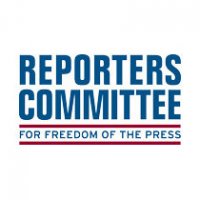 This summer, I worked as a legal intern at the Reporters Committee for Freedom of the Press, a leading organization that advocates on behalf of journalists’ First Amendment rights. My experience there was, to say the least, outstanding.
This summer, I worked as a legal intern at the Reporters Committee for Freedom of the Press, a leading organization that advocates on behalf of journalists’ First Amendment rights. My experience there was, to say the least, outstanding.
